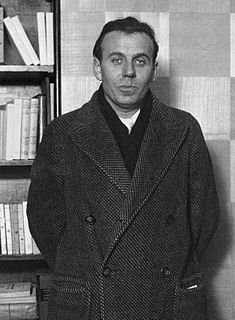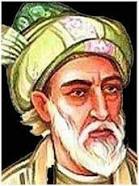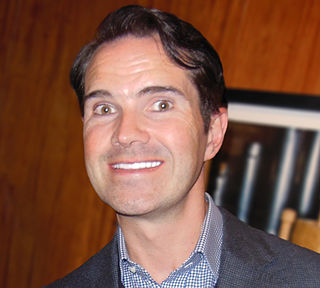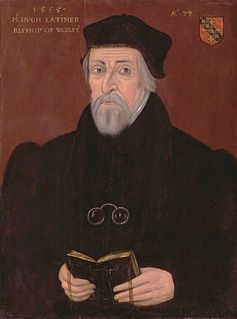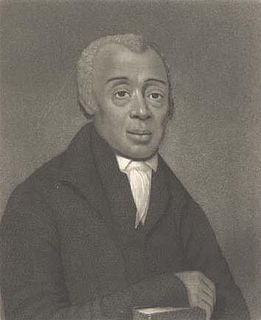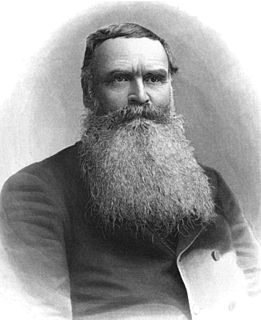A Quote by Francis Atterbury
Should we grieve over a little misplaced charity, when an all knowing, all wise Being showers down every day his benefits on the unthankful and undeserving?
Related Quotes
As Luke knelt down beside his corpse, Clary couldn’t help but remember what he had said about having loved Valentine once, about having been his closest friend. Luke, she thought with a pang. Surely he couldn’t be sad — or even grieved? But then again, perhaps everyone should have someone to grieve for them, and there was no one else to grieve for Valentine.
the only way in which a human being can make some approach to knowing the whole of a subject, is by hearing what can be said about it by persons of every variety of opinion, and studying all modes in which it can be looked at by every character of mind. No wise man ever acquired his wisdom in any mode but this; nor is it in the nature of human intellect to become wise in any other manner.
Every young man should aim at independence and should prepare himself for a vocation; above all, he should so manage his life that the steps of his progress are taken without improper aids; that he calls no one master, that he does not win or deserve the reputation of being a tool of others, and that if called to public service he may assume its duties with the satisfaction of knowing that he is free to rise to the height of his opportunity.
The important thing is not so much that every child should be taught, as that every child should have the opportunity of teaching itself. What does it matter if the pupil know a little more or a little less? A boy who leaves school knowing much, but hating his lessons, will soon have forgotten all he ever learned; while another who had acquired a thirst for knowledge, even if he had learned little, would soon teach himself more than the first ever knew.











